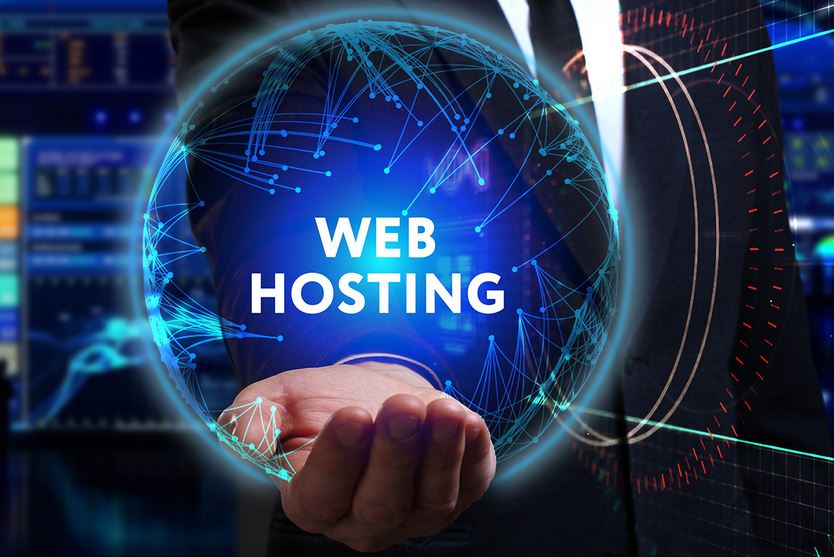

Blogging has gained a lot of popularity across the world. It has become a full-time professional, and many people earn their living with the help of blogging. It is such a competitive world that you need to improve your blog continuously. It is not just about the content anymore, but you also need to offer an excellent user experience. The performance should be optimal. The type of hosting also impacts the performance of your blog. In such a case, you have a couple of options. We are going to talk about some of these options today.
The easiest way to keep your performance up to the mark is by merely upgrading the hosting solutions. A lot of newbies use shared hosting plans to keep the cost low. As you gain traffic, you can consider dedicated server hosting. If you cannot choose between VPS and Dedicated Server, then we will help you a little. Since we are talking about scalability and performance, we will justify why a dedicated server is better for you.
Why Dedicated Server is a Better Choice?
VPS offers better pricing, but it certainly comes with a lot of cons. If you are using VPS, then the choice, as well as bandwidth, gets restricted. You can get more out of the servers by choosing a plan that provides you with a dedicated server. Below are some of the reasons to consider Dedicated Server over VPS.
- Resource on Offer – The first thing that makes the dedicated server a better option is its resources. In VPS, the resources are shared across the websites, but you get full control over the resources on a dedicated server. You can utilize all the power on the racks. All the memory, CPU, software, RAM, Cache, and Storage is dedicated to your website. So, by using a dedicated server, you can utilize all the resources on the rack.
- Performance – The previous point would have made it clear that you get all the resources when using a dedicated server. Another advantage of using a dedicated server is that you get excellent performance. The virtual layer doesn’t exist in a dedicated server, and hence the data passes quickly. It reduces the latency by multiple folds, and thus you get a speedy load time.
- Safety & Security – Today, businesses are concerned about the user’s privacy and the data that they own. In such a case, the VPS may turn out to be a risky choice since they may be prone to malicious attacks. You can prevent all the security threats by using a dedicated server. This way, you can even manage the software that you are using. All these things can help you in making your data more secure. Moreover, you can avoid a situation where the brand image gets tarnished because of a data leak. You can also schedule automatic cron jobs or other backup utilities to save yourself from data loss.
- Configuration – Some admins may want to customize their hosts to meet their requirements. The VPS offers no or little customization because space is a shared one. The dedicated server’s good thing is that the webmaster can configure the server as he likes it. You have better control, and hence you can even install a lot of different software. You do not need permission from any company since you are managing the dedicated server yourself. You can even enable full-stack development with a dedicated server.
- Maintenance – The last thing is the maintenance of the dedicated server. The reconfiguration and maintenance are a lot easier. You do not have to worry about causing downtime to other websites since this is your private server. The technicians and the engineers can troubleshoot the dedicated server quickly. All these things may also limit the downtime in case of an outage.
So, Which one should I choose?
By going through the detailed comparison, we are sure that you can evaluate your needs. There is a lot of question that you need to answer while making a choice. You will also need to understand the maintenance of a dedicated server. The dedicated server is certainly going to cost more than VPS, but it is also going to bring a significant improvement in your website’s performance. It is especially true if you have a lot of traffic on your website and if your website has a lot of graphics.
You must also consider your growth rate and understand how much resources you will need in the next five years. Depending on the needs, you can scale up to a reliable, dedicated server.
